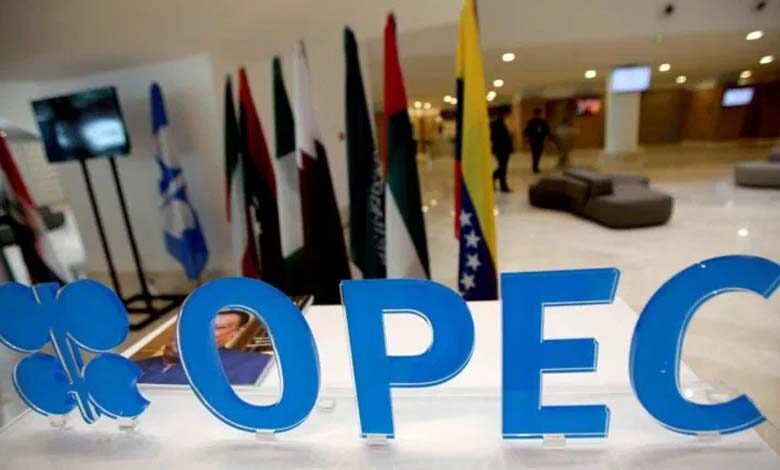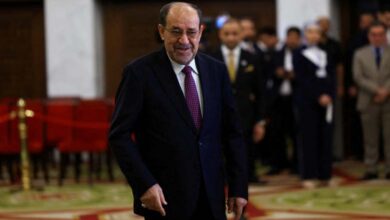Differences between Saudi Arabia and the United Arab Emirates on the increase in oil production

OPEC’s 23-nation oil cartel will meet again Monday to find a way out after failing to reach an agreement Friday to set production quotas from August.
Talks between OPEC states and their non-cartel allies are to resume a day after the UAE rejected a plan being negotiated as “unfair,” in an escalation of a row that could derail a recovery in the market for crude after the COVID-19 pandemic.
The plan calls for an increase in oil production by 400 thousand barrels per day each month from August through December, bringing the total additional oil on the market by the end of the year to two million barrels per day.

This is in line with OPEC Plus’s overall strategy since May of gradually increasing production after it has been sharply reduced as demand plummets when the coronavirus begins to spread.
The strategy has been somewhat successful, with oil prices rebounding to around $75 per barrel for the North Sea and West Texas Reference Line, up 50% since the beginning of the year, a level similar to that of October 2018.
While States seemed to agree with that proposal, it was the question of extension that had caused a dispute.
‘Unfair’ plan
The OPEC Plus Alliance pledged in April 2020, when crude prices fell sharply on the first wave of the pandemic, to withdraw 9.7 million barrels a day from the market and to re-inject them gradually over the period until the end of April 2022.
However, this deadline now appears to be too short in light of the current pace of production increase as the Coalition countries still cut 5.8 million barrels a day of production.
“This prompted the proposal to extend the current agreement until December 2022, an option that ran counter to Abu Dhabi”.
“While Saudi Arabia and Russia favor extending the deal as it stands until December 2022, the UAE would like to discuss an increase in production levels before agreeing to the extension beyond April.”
“The UAE’s demand is justice only with the new post-April agreement,” Energy and Infrastructure Minister Suhail al-Mazroui said Sunday.
“The UAE does not object to the extension of the agreement if necessary, but has requested a revision of the base-point ratios of the reduction benchmark to ensure fair quotas for all members upon extension,” the Energy Ministry said.
The UAE is insisting on raising its basic production line by 0.6 million barrels per day to 3.8 million barrels, as the current rate set for October 2018 does not reflect its full production capacity.












